

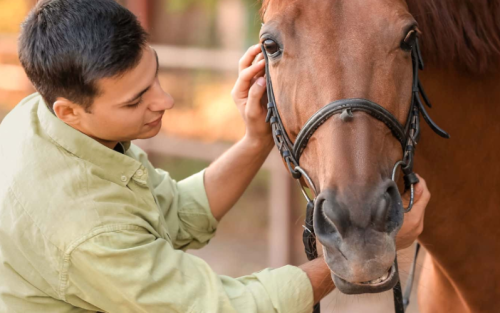






Eagle Creek Ranch Recovery for Men
Verified Center
This provider's information has been quality-checked by Recovery.com's Research Team for accuracy and completeness, including center verification through appropriate third-party organizations.
Treatment Focus
This center treats substance use disorders and co-occurring mental health conditions. Your treatment plan addresses each condition at once with personalized, compassionate care for comprehensive healing.
Primary Level of Care
Offering intensive care with 24/7 monitoring, residential treatment is typically 30 days and can cover multiple levels of care. Length can range from 14 to 90 days typically.
Treatment Focus
This center treats substance use disorders and co-occurring mental health conditions. Your treatment plan addresses each condition at once with personalized, compassionate care for comprehensive healing.
Primary Level of Care
Offering intensive care with 24/7 monitoring, residential treatment is typically 30 days and can cover multiple levels of care. Length can range from 14 to 90 days typically.
Provider's Policy
We accept most major insurance plans for our drug rehab services in Idaho. We also accept most out-of-network plans from across the country. If you have any questions about whether or not your insurance plan is accepted, please call us.
Eagle Creek Ranch Recovery for Men
Eagle Creek Ranch Recovery for Men
About Eagle Creek Ranch Recovery for Men
Set in the beautiful Treasure Valley of Idaho, Eagle Creek Ranch Recovery treats men struggling with substance addiction and dual diagnoses. Their team can treat co-occurring anxiety, depression, bipolar disorder, personality disorders, post-traumatic stress disorder (PTSD), and attention-deficit/hyperactivity disorder (ADHD). Eagle Creek Ranch Recovery offers medical detox and residential care. Their staff conducts an initial intake assessment to accurately determine what disorder(s) are present, so they can create a customized treatment plan to fit the client’s needs.
A Continuum of Care
Clients at Eagle Creek Ranch Recovery may begin their healing journey in medical detox. Medical staff, including nurses and their medical director, closely monitor clients during detox. Clients then transition to their residential program where various evidence-based therapies and holistic methods help heal the root of the addiction. Eagle Creek Ranch Recovery offers 30 and 60-day inpatient programs. Their aftercare program provides relapse prevention planning and transitional living facility referrals.
Evidence-Based Treatment
Eagle Creek Ranch Recovery’s 12-Step based treatment includes individual, group, and family therapy. Clients participate in cognitive behavioral therapy (CBT), motivational interviewing, and dialectical behavioral therapy (DBT). These evidence-based therapies help identify triggers, create and achieve recovery goals, and manage stress. Family therapy guides the client and loved ones toward developing healthier communication skills and setting healthy boundaries. Eagle Creek Ranch Recovery teaches AA and NA fundamentals throughout their treatment.
Holistic Healing
Eagle Creek Ranch Recovery uses various holistic therapies to help clients heal their mind, body, and spirit. Experiential therapies like equine therapy and adventure therapy allow clients to apply lessons they’re learning in therapy to real life. Their wilderness therapy gets clients outside with hiking, rock climbing, and canoeing. Eagle Creek Ranch Recovery additionally provides yoga, Reiki, and meditation. Their Nampa, Idaho home offers shared or private bedrooms, a gym, and a recreation area with games.

Highlights from the Center
Highlights
These highlights are provided by and paid for by the center.
Holistic Approach
Medically Assisted Detox
Men Only
Center Overview
Treatment Focus
This center treats substance use disorders and co-occurring mental health conditions. Your treatment plan addresses each condition at once with personalized, compassionate care for comprehensive healing.
Joint Commission Accredited
The Joint Commission accreditation is a voluntary, objective process that evaluates and accredits healthcare organizations (like treatment centers) based on performance standards designed to improve quality and safety for patients. To be accredited means the treatment center has been found to meet the Commission's standards for quality and safety in patient care.
Recently helped 2 people via Recovery.com

Eagle Creek Ranch Recovery for Men
Recently helped 2 people via Recovery.com
Insurance Accepted
Cash Pay Rates
Estimated Cash Pay Rate
Center pricing can vary based on program and length of stay. Contact the center for more information. Recovery.com strives for price transparency so you can make an informed decision.




Recovery.com Verified Listing
Recovery.com verified that the name, location, contact information and license to operate for this treatment provider are valid and up-to-date.

Joint Commission Accredited

Licensed

NAATP Member
Recovery.com is an independent, third-party mental health resource. Verification does not imply endorsement and does not guarantee the quality of treatment services.
Meet Your Care Team
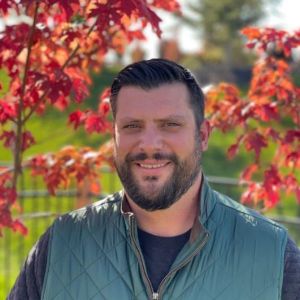
ANDREW MALOOF
CEO / CO OWNER
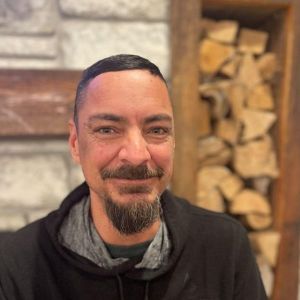
BILL SANTIAGO
ASSISTANT OPERATIONS MANAGER
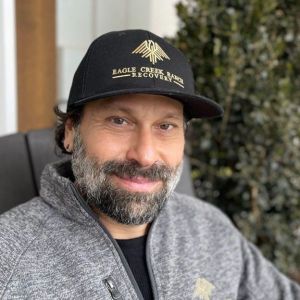
BRIAN BLADES
MED TECHNICIAN
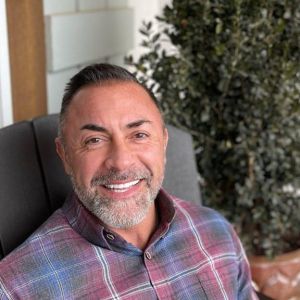
DAVE SKLAR
OPERATIONS MANAGER

MEL PLOURDE
BSW PROGRAM/ CASE MANAGER

MATT HILL
LPC PRIMARY THERAPIST

MIKE RIVERS
BEHAVIORAL HEALTH TECH
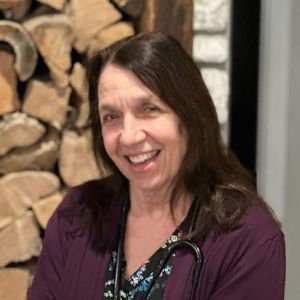
JOAN BARNES
RN NURSE
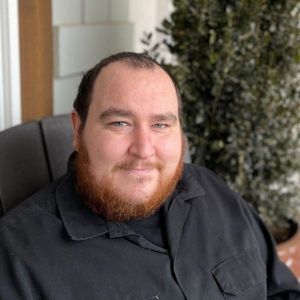
JAMES WHITE
MED TECHNICIAN
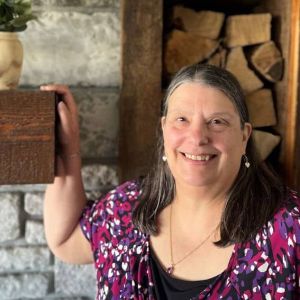
JAYMIE LINT
LPN NURSE
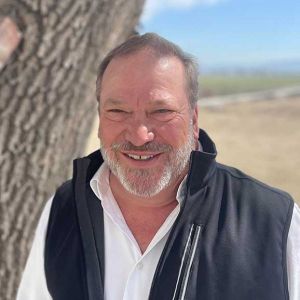
JOE MARTI
CADC PRIMARY COUNSELOR
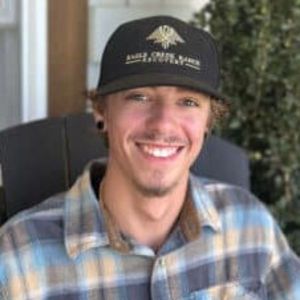
KOBY CARPENTER
MED TECHNICIAN
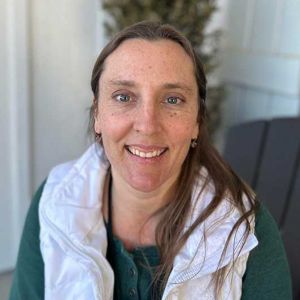
KRISTIN SANTIAGO
RN PRN NURSE
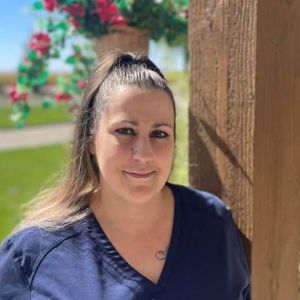
KRISTY MITCHELL
LPN NURSE
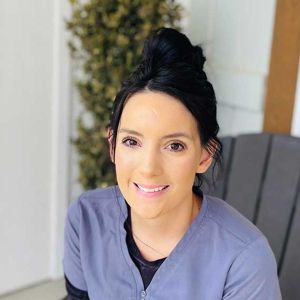
LOGAN MARTIN
RN CHARGE NURSE
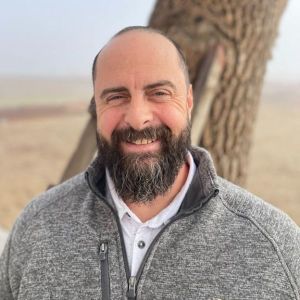
LUKE CUCCIA
CMO/ CO OWNER
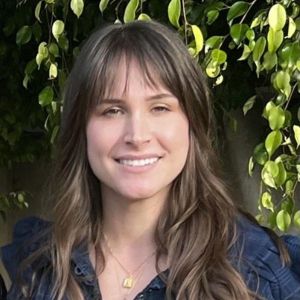
MARLEE RUTBERG
DIRECTOR OF ADMINISTRATION
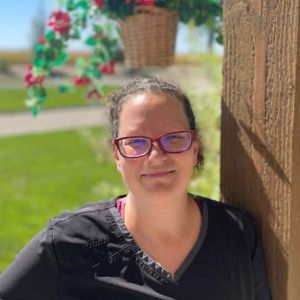
MELISSA HEATON
LPN PRN NURSE
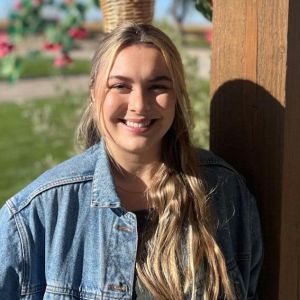
OLIVIA PAEZ
LPN NURSE
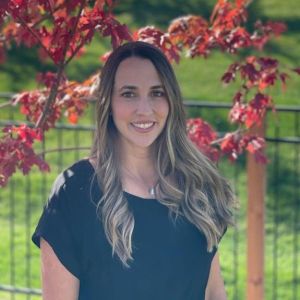
KENDALL MALOOF
LMFT CLINICAL DIRECTOR
Your Care Options
Specializations
Adventure Therapy
This experiential approach uses the physical and emotional challenges of outdoor activities as tools for personal growth.
Alcohol
Using alcohol as a coping mechanism, or drinking excessively throughout the week, signals an alcohol use disorder.
Anxiety
Anxiety is a common mental health condition that can include excessive worry, panic attacks, physical tension, and increased blood pressure.
Cocaine
Cocaine is a stimulant with euphoric effects. Agitation, muscle ticks, psychosis, and heart issues are common symptoms of cocaine abuse.
Drug Addiction
Drug addiction is the excessive and repetitive use of substances, despite harmful consequences to a person's life, health, and relationships.
Equine Therapy
Guided interactions with trained horses, their handler, and a therapist can help patients improve their self-esteem, trust, empathy, and social skills.
Prescription Drugs
It's possible to abuse any drug, even prescribed ones. If you crave a medication, or regularly take it more than directed, you may have an addiction.
Who We Treat
Older Adults
Addiction and mental health treatment caters to adults 55+ and the age-specific challenges that can come with recovery, wellness, and overall happiness.
Co-Occurring Disorders
A person with multiple mental health diagnoses, such as addiction and depression, has co-occurring disorders also called dual diagnosis.
Executives
Executive treatment programs typically directly support the needs of people who manage businesses and may provide flexible schedules and office space to allow work during treatment.
Young Adults
Emerging adults ages 18-25 receive treatment catered to the unique challenges of early adulthood, like college, risky behaviors, and vocational struggles.
Midlife Adults
For adults ages 40+, treatment shifts to focus on the unique challenges, blocks, and risk factors of their age group, and unites peers in a similar community.
Professionals
Busy, high-ranking professionals get the personalized treatment they need with greater accommodations for work, privacy, and outside communication.
Veterans
Patients who completed active military duty receive specialized treatment focused on trauma, grief, loss, and finding a new work-life balance.
Treatment Services
Detox
Detox fully and safely removes toxic substances from the body, allowing the next steps in treatment to begin with a clean slate.
Residential
In a residential rehab program, patients live onsite, with access to daily treatment and 24-hour care. An average stay is 30-90 days.
Approaches
Evidence-Based
A combination of scientifically rooted therapies and treatments make up evidence-based care, defined by their measured and proven results.
Experiential
Expressive tools and therapies help patients process past situations, learn more about themselves, and find healing through action.
Twelve Step
Incorporating spirituality, community, and responsibility, 12-Step philosophies prioritize the guidance of a Higher Power and a continuation of 12-Step practices.
Gender-Specific
Separate treatment for men or women can create strong peer connections and remove barriers related to trauma, shame, and gender-specific nuances.
Therapies
1-on-1 Counseling
Patient and therapist meet 1-on-1 to work through difficult emotions and behavioral challenges in a personal, private setting.
Meditation & Mindfulness
A practiced state of mind that brings patients to the present. It allows them to become fully aware of themselves, their feelings, and the present moment.
Trauma-Specific Therapy
This form of talk therapy addresses any childhood trauma at the root of a patient's current diagnosis.
Rational Emotive Behavior Therapy
A type of cognitive therapy that identifies negative self-defeating thoughts and behaviors, rewriting beliefs to be positive, empowering, and present.
Mindfulness Therapy
This ancient practice can be mental, emotional, and even spiritual. In meditation, you focus your attention on the present moment without judgement.
Adventure Therapy
This experiential approach uses the physical and emotional challenges of outdoor activities as tools for personal growth.
Attachment-Based Family Therapy
ABFT is a trauma-focused therapy that teaches you to form healthy relationships by rebuilding trust and healing attachment issues formed in childhood.
Animal Therapy
Animals can inspire trust and self-worth. In this experiential therapy, guided interactions are used to improve social skills and emotion regulation.
Aromatherapy
Inhaling or topically applying essential oils can help relieve stress, soothe pains, and relieve emotional distress.
Conditions We Treat
Grief and Loss
Grief is a natural reaction to loss, but severe grief can interfere with your ability to function. You can get treatment for this condition.
Personality Disorders
Personality disorders destabilize the way a person thinks, feels, and behaves. If untreated, they can undermine relationships and lead to severe distress.
ADHD, ADD
ADHD is a common mental health condition caused by dopamine imbalance. Common symptoms include inattention, hyperactivitiy, and impulsivity.
Anger
Although anger itself isn't a disorder, it can get out of hand. If this feeling interferes with your relationships and daily functioning, treatment can help.
Anxiety
Anxiety is a common mental health condition that can include excessive worry, panic attacks, physical tension, and increased blood pressure.
Bipolar
This mental health condition is characterized by extreme mood swings between depression, mania, and remission.
Codependency
Codependency is a pattern of emotional dependence and controlling behavior. It's most common among people with addicted loved ones.
Depression
Symptoms of depression may include fatigue, a sense of numbness, and loss of interest in activities. This condition can range from mild to severe.
Post Traumatic Stress Disorder
PTSD is a long-term mental health issue caused by a disturbing event or events. Symptoms include anxiety, dissociation, flashbacks, and intrusive thoughts.
Substances We Treat
Alcohol
Using alcohol as a coping mechanism, or drinking excessively throughout the week, signals an alcohol use disorder.
Benzodiazepines
Benzodiazepines are prescribed to treat anxiety and sleep issues. They are highly habit forming, and their abuse can cause mood changes and poor judgement.
Chronic Relapse
Consistent relapse occurs repeatedly, after partial recovery from addiction. This condition requires long-term treatment.
Co-Occurring Disorders
A person with multiple mental health diagnoses, such as addiction and depression, has co-occurring disorders also called dual diagnosis.
Cocaine
Cocaine is a stimulant with euphoric effects. Agitation, muscle ticks, psychosis, and heart issues are common symptoms of cocaine abuse.
Drug Addiction
Drug addiction is the excessive and repetitive use of substances, despite harmful consequences to a person's life, health, and relationships.
Ecstasy
Ecstasy is a stimulant that causes intense euphoria and heightened awareness. Abuse of this drug can trigger depression, insomnia, and memory problems.
Heroin
Heroin is a highly addictive and illegal opioid. It can cause insomnia, collapsed veins, heart issues, and additional mental health issues.
Languages
Aftercare
Care Designed for Your Needs
Personal Amenities
Amenities
Special Considerations
Gender-specific groups
Patients in gender-specific groups gain the opportunity to discuss challenges unique to their gender in a comfortable, safe setting conducive to healing.
Activities
Yoga
Yoga is both a physical and spiritual practice. It includes a flow of movement, breathing techniques, and meditation.
Off-Site Activities
Recently helped 2 people via Recovery.com
Learn More About the Center
Equine Therapy Program
Discover how Eagle Creek Ranch Recovery offers healing through equine therapy.
Co-Occurring Depression and Addiction Treatment
Learn more about how Eagle Creek Ranch Recovery treats co-occurring depression and addiction.
Detox Program
Read about Eagle Creek Ranch Recovery’s medical detox program.
Yoga in Recovery
Explore how yoga can benefit addiction recovery at Eagle Creek Ranch Recovery.
What people are saying
Treatment
5.0
Accommodations
5.0
Food & Nutrition
5.0
Value
5.0
Teresa
Treatment in 2024 • (90 days) • Reviewed 07/08/24
Loved One of a Former Client
•U.S.





